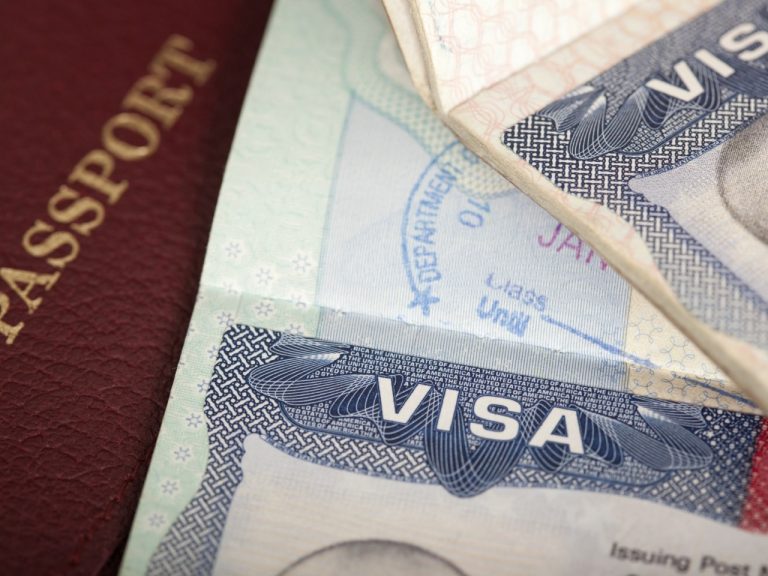
Offshore investing is something that is often demonized by the mainstream media. It is associated with suspicious dealings, money laundering, and tax evasion. While it is true that certain people exploit loopholes in offshore investing norms to commit financial crimes, not all offshore investing is bad. In fact, there are some very good benefits to be enjoyed by investing offshore. Besides, the secrecy around offshore investing is not at the level that it once was. Tax authorities around the world share a lot more information than they used to, and the level of transparency has increased over time. One needs to learn about offshore investing, what it really is, and how it can be used legally to grow one’s wealth.
In order to invest in global markets and in global securities from an offshore jurisdiction, an investor needs to open an offshore investment account. This account is a brokerage or trading account that is opened with an offshore bank. Normally, a broker or an investment manager handles the offshore investment account on behalf of the investor. The location and jurisdiction of this bank are at an “offshore” or foreign location that is often far away from the investor’s home country. There is special emphasis on the offshore location because that is the major reason for opening an offshore investment account. The location is a tax haven where capital gains earned on any investments made are tax-free. Hence, by operating an offshore investment account, the investor saves substantial amounts of money that he/she would otherwise pay as capital gains tax if he/she were to invest in the home country. You would normally open an offshore investment account in the name of an investment company that you create. Such an arrangement is necessary in order to delink revenues generated via offshore investing from the individual investor. From a legal and tax point of view, such a structure is normally considered to be favorable. Offshore accounts can come in various forms. An offshore trading account with an offshore bank, an investment company, an offshore insurance company, or a brokerage firm can be classified as an offshore investment account. If the offshore investment account is held as an offshore brokerage account, then it can be a margin account or a cash account. Even retirement accounts and custodial accounts can be operated as investment accounts.
To open an offshore investment account, you will have to first select the financial institution or bank with which you will open and run the account. Next, you will have to fill out their application form which you can probably find online. Once you have filled out the application, you will be asked to submit certain documents that establish your identity and financial information. Notarized copies of documents like passport, driver’s license, bank statements, utility bills, etc. will be required. Some offshore institutions may ask you to get an “apostilles stamp” on your documents. The apostilles stamp is an internationally known certification mark. Once all the documentation is done, you will then be ready to send money to the account. You will have to choose the currency that you want your offshore investment account in. Next, you will send funds to your newly opened account by wire transfer. If you are going to open the account in the name of an offshore shell company, then you will have to open the company first. If you want to withdraw funds from your offshore investment account, then you may be able to do so using wire transfer or by issuing bank drafts, if the offshore investment account is opened with an offshore bank. You might even be given a debit card for your investment account and you can use that card to withdraw money.
Cost – Investment accounts have certain fees that institutions charge for the service that they provide. These fees are normally a percentage of the total assets in the offshore investment account or on a per trade basis. So read about all the fees that the institution charges before finalizing the choice of account. Interest – Investment accounts do earn interest on the deposits that stay in the account. These interest rates are generally more competitive than what traditional banks tend to offer. Customer service – Check the support and customer service level at all potential institutions. Having 24/7 support is desired. Call the toll-free number and talk to the agents. That way you get a feel of how friendly and professional the company is. Research tools – While this is not a deal breaker, having good research tools and investment information is important to be able to make the best investment decisions. The richer and more in-depth the content, the better the institution.